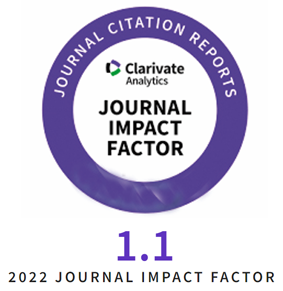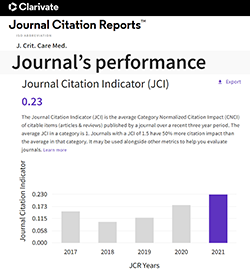Sepsis associated coagulopathy is due to the inflammation-induced activation of coagulation pathways concomitant with dysfunction of anticoagulant and fibrinolytic systems, leading to different degrees of haemostasis dysregulation. This response is initially beneficial, contributing to antimicrobial defence, but when control is lost coagulation activation leads to widespread microvascular thrombosis and subsequent organ failure. Large clinical trials of sepsis-related anticoagulant therapies failed to show survival benefits, but posthoc analysis of databases and several smaller studies showed beneficial effects of anticoagulants in subgroups of patients with early sepsis-induced disseminated intravascular coagulation. A reasonable explanation could be the difference in timing of anticoagulant therapy and patient heterogeneity associated with large trials. Proper selection of patients and adequate timing are required for treatment to be successful. The time when coagulation activation changes from advantageous to detrimental represents the right moment for the administration of coagulation-targeted therapy. In this way, the defence function of the haemostatic system is preserved, and the harmful effects of overwhelming coagulation activation are avoided.
Anticoagulant Therapy in Sepsis. The Importance of Timing
DOI: 10.1515/jccm-2017-0011
Full text: PDF




